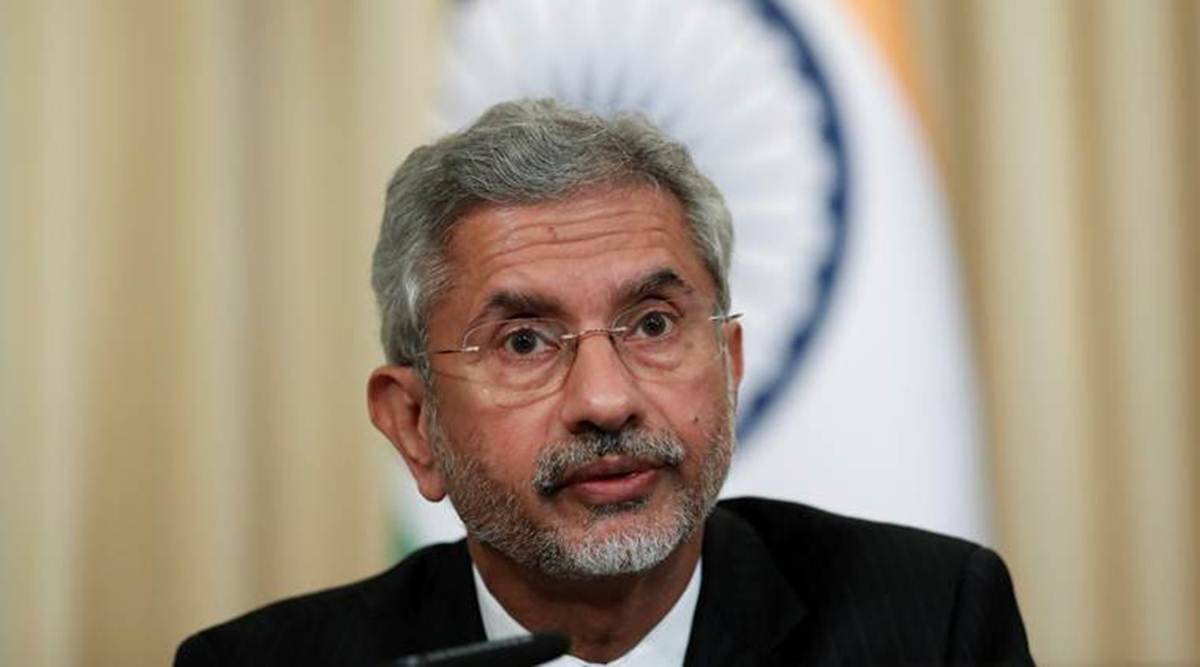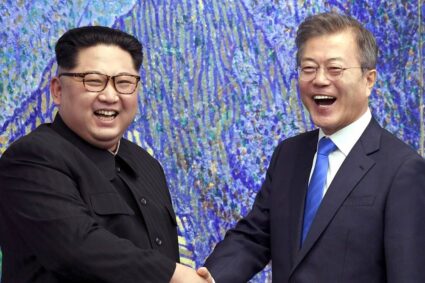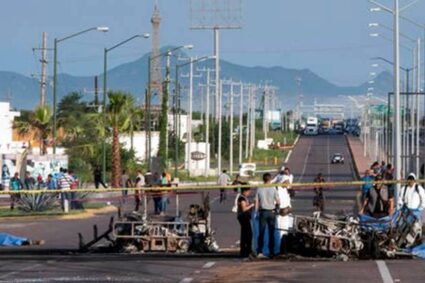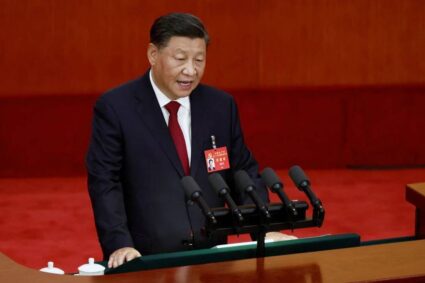

Members of the small delegation accompanying External Affairs Minister S Jaishankar to the UK have tested positive for COVID-19, forcing the minister to take his remaining schedule here virtual as a “measure of abundant caution”.
“Was made aware yesterday evening of exposure to possible Covid positive cases,” Jaishankar said on Twitter on Wednesday.
“As a measure of abundant caution and also out of consideration for others, I decided to conduct my engagements in the virtual mode. That will be the case with the G7 Meeting today as well,” he said.
According to numerous sources, two members of the delegation tested positive on Tuesday with further test results still awaited.
Jaishankar arrived in London on Monday for a four-day visit at the invitation of UK Foreign Secretary Dominic Raab to join the G7 Foreign and Development Ministers Meeting as one of the guest ministers.
“The addition of our friends from Australia, India, the Republic of Korea and South Africa, as well as the chair of ASEAN (Association of Southeast Asian Nations) reflects the growing significance of the Indo Pacific region for the G7,” said Raab.
Jaishankar was to join ministers from the other guest nations for the first formal gathering of the summit over a working dinner on Tuesday evening.
Now a bilateral meeting scheduled with Raab at Chevening in Kent on Thursday may have to take on a virtual form.
The Foreign, Commonwealth and Development Office (FCDO) has been approached for a comment.
A diaspora-focussed event as part of the Global Dialogue Series, hosted by the Indian High Commissioner to the UK Gaitri Issar Kumar on Wednesday, took on a completely virtual shape instead of a planned hybrid format.
Was made aware yesterday evening of exposure to possible Covid positive cases. As a measure of abundant caution and also out of consideration for others, I decided to conduct my engagements in the virtual mode. That will be the case with the G7 Meeting today as well.
— Dr. S. Jaishankar (@DrSJaishankar) May 5, 2021
Earlier on Tuesday, the External Affairs Minister met UK Home Secretary Priti Patel to sign a new Migration and Mobility Partnership Agreement.
“A fruitful meeting this morning with Home Secretary Priti Patel. Signed the Migration and Mobility Partnership Agreement that would facilitate legal travel and encourage talent flows,” he tweeted after the meeting.
This was followed by talks with Josep Borrell Fontelles, the High Representative of the European Union for Foreign Affairs and Security Policy, whom he thanked for the “support and goodwill” extended by the EU at a critical time in India’s COVID-19 pandemic.
He also participated in the first India-France-Australia Trilateral Ministerial Dialogue during which he said he had “substantive discussions” with French Foreign Minister Jean-Yves Le Drian and Australian Foreign Minister Marise Payne.
Jaishankar also held discussions with South African Foreign Minister Dr Naledi Pandor, with a focus on working together on fighting the COVID pandemic, economic recovery and Commonwealth issues.
On his arrival in the UK on Monday, the minister held talks with US Secretary of State Antony Blinken, which focussed on detailed discussions on the global pandemic challenge, vaccine production capacity and reliable supply chains.
The G7 summit had been pitched as the first in-person summit since the pandemic and the first for the Group of Seven ministers — comprising Canada, France, Germany, Italy, Japan, US and UK as well as the European Union (EU) — to be hosted at a COVID-secure venue.
The protocols in place involve staff and delegates required to complete daily COVID-19 tests throughout the summit before entering any of the venues.
An on-site testing facility has been set up, which can test up to 50 delegates per hour.
According to reports, more than 35 litres of hand sanitiser in G7-branded bottles were to be provided for the premises.
Besides, there is strict guidance on social distancing in place for the whole summit and delegates often separated by Perspex screens in meetings and during working lunches/dinners.
The scale of the delegations had also been reduced to minimise risk, with room headcounts indoors also cut down significantly.





